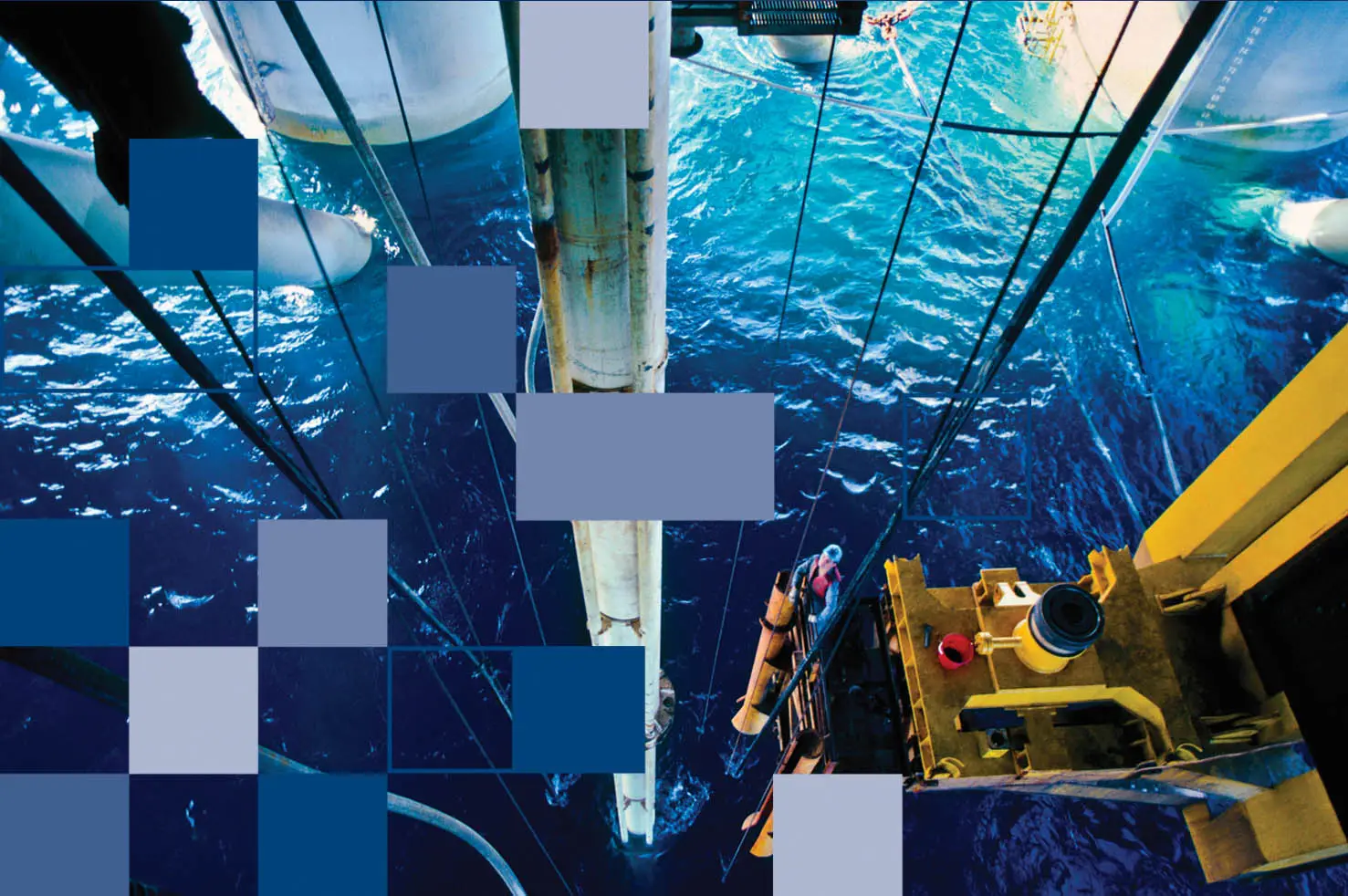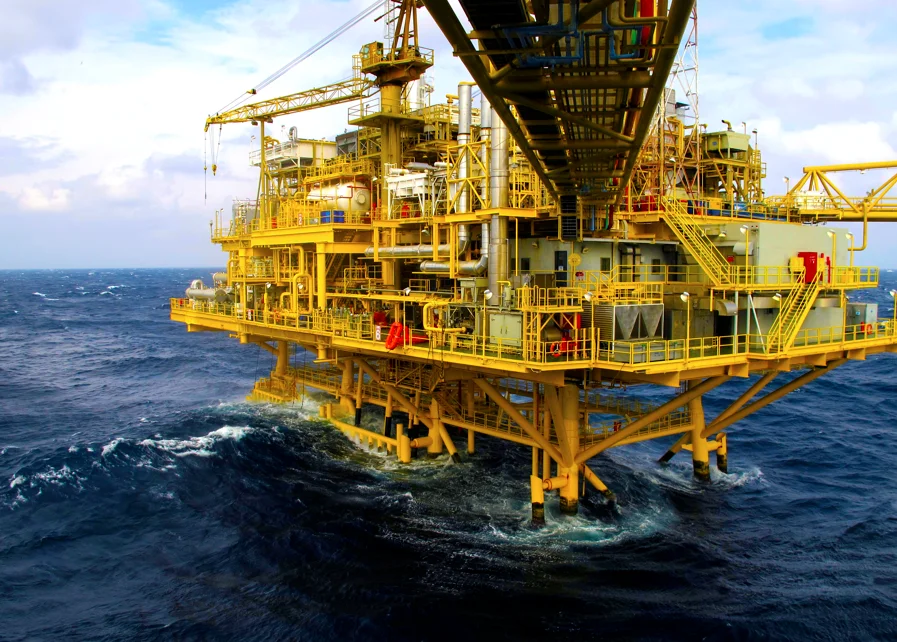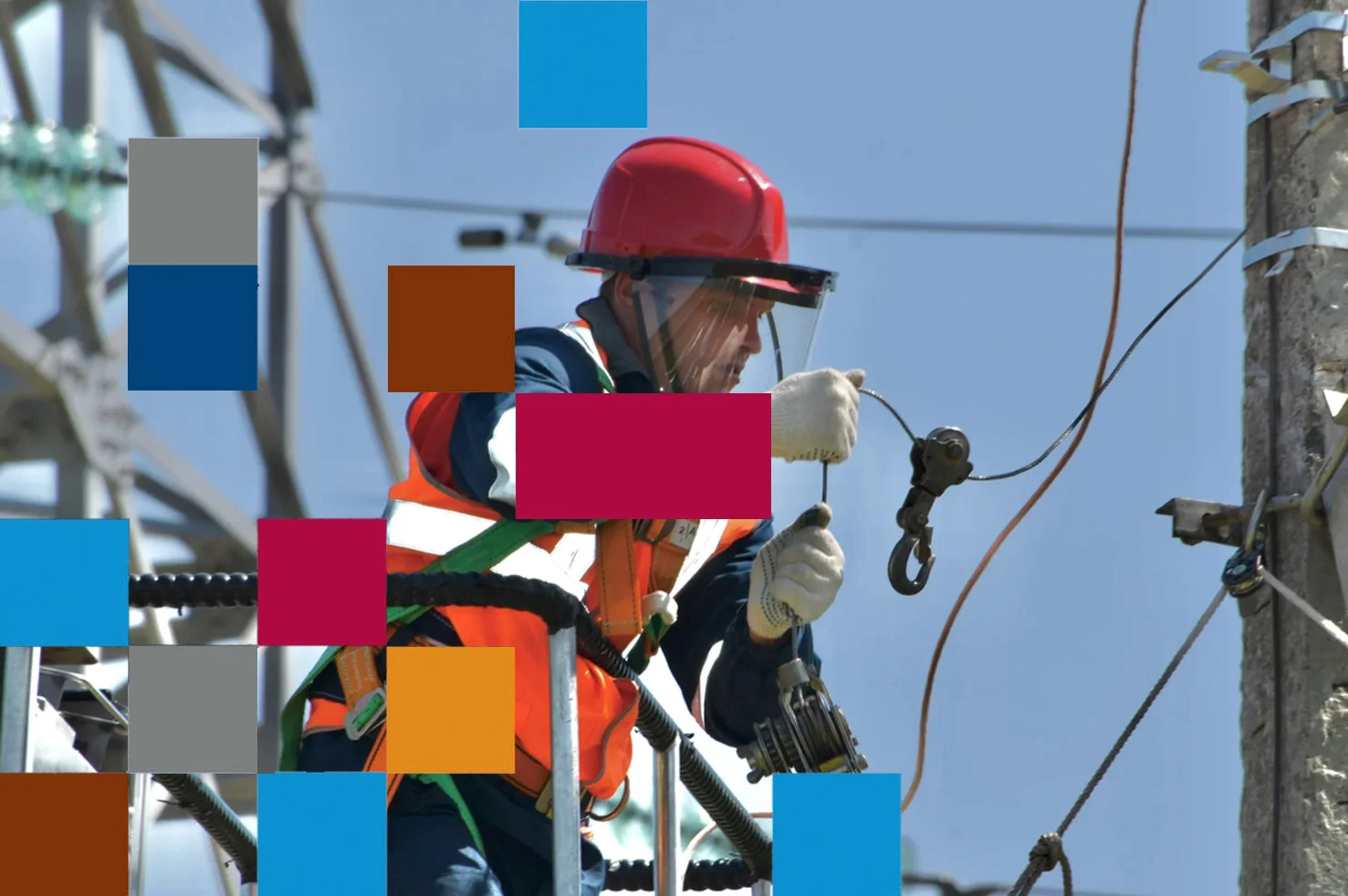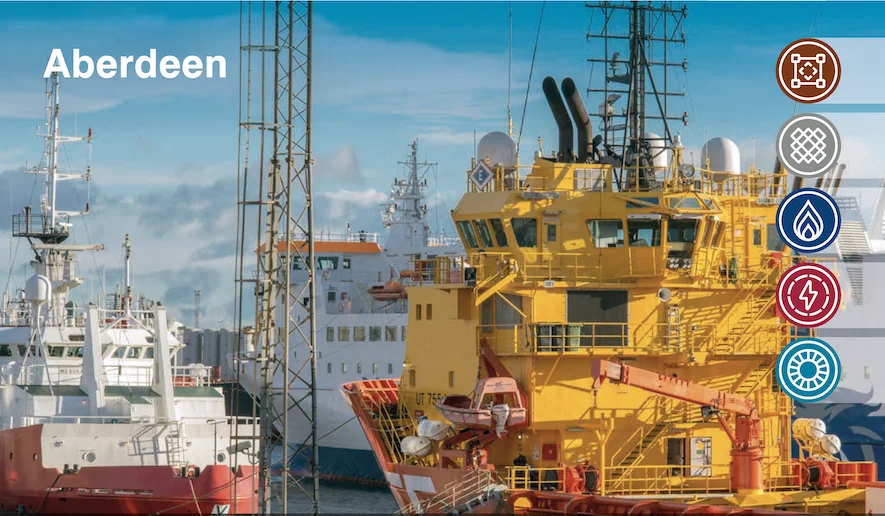How to Progress Your Career in Subsea Jobs
09 Sept, 20258 Minutes
Subsea operations are becoming more complex. Larger projects, stricter safety rules, tighter timelines. Operators need experienced professionals who can step into senior roles and keep things running smoothly offshore. But for candidates, making that career jump is rarely straightforward.
Senior subsea jobs are niche. Most require direct experience in subsea operations, which can be a barrier if you’ve built your skills in other parts of offshore work.
Do you really need that exact background to move into a senior subsea role? Or can you shift sideways from other offshore disciplines, based on the experience, knowledge, and skills you've developed over time?
This guide explores the roles you can aim for, what clients actually look for, and how to bridge the gap between showing what you know and stepping into your next job.
Career Paths: From Offshore Jobs to Senior Subsea Roles
Like many careers in offshore oil and gas, most people in subsea operations start at the bottom and work their way up. While some professionals move laterally into senior subsea jobs based on strong offshore experience, most follow a more traditional route.
Here’s how a typical progression looks in offshore and subsea jobs:
Stage | Example Roles | Typical Requirements |
Entry-Level | Trainee, Assistant Subsea, Technician | Technical diploma or degree, initial certifications |
Early Career | Subsea Engineer, ROV Pilot | 2–5 years' experience, specialist training |
Mid-Career | Senior Subsea Engineer, Supervisor | 5–10 years' experience, on-project leadership responsibility |
Senior / Leadership | Ops Engineer, Subsea Manager, OIM | 10+ years' experience, team and project management skills |
This kind of step-by-step progression is common in subsea engineering jobs. Entry-level roles may accept candidates from other parts of offshore work, particularly those with strong technical or mechanical skills.
Key Senior Roles in Subsea Operations
Once you reach mid-career level, the roles become more specialised - and more competitive. Here are some of the key leadership roles we see clients hiring for regularly:
Client Representative
Acts as the liaison between the client and vessel crew. Oversees offshore project execution, ensuring compliance with safety protocols and project objectives. Also responsible for reporting progress to onshore teams.
ROV Supervisor
Leads the ROV team, plans and executes missions, and ensures operations meet both safety standards and client expectations. Strong technical and crew management skills are essential here.
Pipeline and Connections Engineer
Subsea engineers in this area manage rigid pipeline design, route optimisation, material selection, and structural analysis. Connections engineers focus on managing high-integrity systems for manifolds, risers, and pipelines - often under harsh conditions.
Subsea Operations Manager / Vessel Superintendent
Oversees the full scope of subsea engineering projects. Manages teams, resources, timelines, and ensures all offshore operations meet technical and HSE requirements.
Hybrid and Onshore Roles
Many experienced professionals move into onshore consultancy, design, or project management. These roles support offshore jobs remotely and often draw on years of hands-on subsea experience.
In short, most senior subsea jobs require targeted experience, but there are multiple ways to build toward them. Understanding the full spectrum of roles - and what each one demands - is key if you want to stand out to hiring teams or specialist subsea engineering consultants.

Skills That Make You Stand Out in Subsea Engineering Jobs
If you’re aiming for senior-level subsea jobs, you’ll need to show more than just time served offshore. Clients hiring for subsea engineer roles look for specific, proven skills - especially when reviewing CVs from adjacent industries like upstream, downstream, or marine operations.
These are the areas that typically make candidates stand out:
- Soft skills that show leadership
Have you led toolbox talks? Managed shifts? Handled team rotations on live projects? These show you're ready to lead a crew, not just be part of one. - Experience with reporting and documentation
Can you produce handovers, logbooks, and incident reports, clearly and professionally? This is vital when working with client reps or acting as a liaison between teams. - Relevant certifications and systems
IMCA diving certs, Dynamic Positioning (DP) systems, SCADA, ROV tooling - the more familiar you are, the more hireable you are for subsea controls engineer and supervisor roles. - Understanding of subsea project operations
Have you worked directly on subsea installations or with ROV teams? Can you explain how your role supported asset integrity or pipeline delivery? - Exposure to complex offshore projects
Experience with heavy-lift vessels, repair campaigns, or emergency mobilisation work, shows you can operate under pressure.
If you’re applying for subsea jobs in Aberdeen, Houston, or beyond, these are the capabilities hiring managers will be looking for. Make them obvious on your CV. That’s what separates candidates who get interviews from those who get overlooked.
Building the Right Experience for Subsea Engineer Jobs
Not everyone starts their career in subsea. Many experienced professionals come from other parts of the oil and gas industry, and the right skills can transfer easily.
If you're aiming for roles like subsea engineer, subsea controls specialist, or client rep, here’s what clients and offshore recruiters want to see:
- Technical Subsea Knowledge
Experience with underwater systems, installation work, or ROV support, can apply directly to roles in subsea engineering companies. If you’ve supported pipeline tie-ins or riser installs, include it. - Project Management
Planning, scheduling, and resourcing experience is key. Subsea operations rely on coordination across teams, time zones, and often across multiple vessels. - Health, Safety, and Environment (HSE)
A strong HSE record matters. If you’ve completed offshore survival, led risk assessments, or supported emergency response drills, you’re bringing the right mindset. - Regulatory Compliance
Familiarity with UKCS standards, IMCA guidelines, or client-side expectations, helps clients trust you with more senior responsibilities. - Fabrication and Maintenance
QA/QC work on subsea manifolds or structures shows you understand asset lifecycle demands. - Problem-solving and Troubleshooting
Technical issues, shut-ins, failed installs - if you’ve solved them offshore, that counts. Orion values candidates who stay calm and act fast.
Want more examples of how your background might match? Read our transferable skills guide.
How to Stand Out to Employers in Subsea Job Applications
When it comes to offshore roles, experience still speaks loudest. Whether you're coming from renewables, plant engineering, or another part of oil and gas, how your background is framed matters.
Here’s what hiring managers and offshore recruiters look for in applications for senior subsea engineer jobs and similar roles:
- Crew Feedback and Leadership Examples
Leading shifts, managing incident responses, or conducting risk reviews - these show you're ready to take command offshore. - Evidence of Resilience
Clearly explain situations where you solved operations during failed installs, unplanned outages, or safety issues - and what you did about it. - Strong Communication
Collaboration across operators, vendors, and teams matters in subsea jobs. Highlight clear handovers and concise reporting. - Certifications and Qualifications
Offshore safety, DP training, and IMCA‑approved certs matter. Show you've got them and why they mattered in your role. - Tool and System Experience
Familiarity with SCADA, ROV tooling, DP systems - or related tech - gives you an edge in subsea engineer roles. - Personal Readiness
Offshore availability, travel flexibility, and the regions you've worked in - these often act as filters for recruiters right away.
Taking the time to present your credentials in the way subsea engineering companies want them is what sets you apart from the competition - even if your experience matches others on paper.
And with the global subsea system market forecast to grow to over $20 billion by 2032, the demand for qualified, versatile talent is only going to increase. Now’s the time to show you’ve got what it takes.
Progression Starts With Visibility
If you’ve built a strong offshore background and want to move into senior subsea jobs, the opportunity is there. But stepping into leadership takes more than experience. You need to show employers that you understand the demands of subsea operations and have the skills they’re looking for.
This blog has outlined the core roles, key technical skills, and behaviours, that matter most in subsea engineering jobs. It’s not about ticking boxes. It’s about knowing how to frame what you’ve already done - and where you want to go next.
At Orion, we’ve spent nearly four decades supporting offshore and subsea careers. We track contractor performance, speak to vessel teams and project managers every day, and know exactly what operators expect from senior subsea talent. We can help you match your background to the right project and give you the support you need to step up with confidence.
Ready to Move Forward?
Whether you’re aiming for your first leadership role or exploring long-term options in subsea engineering, we’re here to help. Orion works with leading energy companies and vessel operators across the globe.
View our latest jobs or contact our subsea specialist Andy McNair (Worksite Rep Manager) to discuss your next move.



